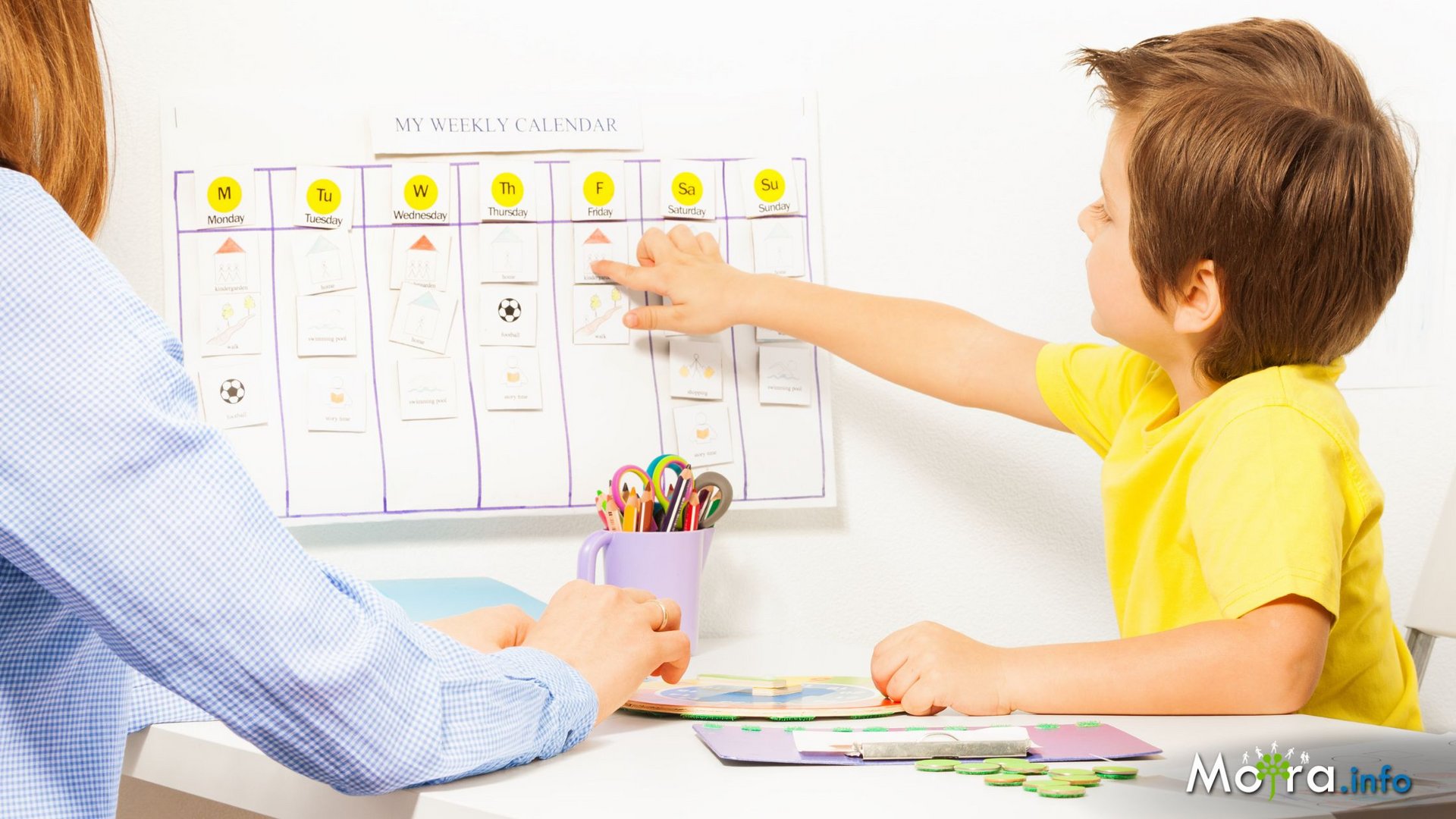School is an important part of every child's life. Some students navigate through school more or less smoothly, learning well and easily, participating in extracurricular activities, and facing no issues. These students achieve excellent results with minimal or no effort.
However, there are also children who don't feel comfortable in school. Despite their efforts, they struggle to get good grades, either unable or unwilling to learn. Many children face memory problems, live in stressful environments, or deal with other factors that hinder their learning abilities. For these children, especially the period of report cards can be very challenging and stressful. This is particularly true if they are under pressure from parents who insist on their children having the best grades and have high expectations. These children often face criticism, disappointment, and anger at home due to poor grades.
To make learning as effective as possible, you can try some tips.
1. Preparation, Preparation, Preparation
If you want to have good grades, it won't happen without studying. Similarly, preparing for classes, having all the necessary tools, notebooks, and textbooks is crucial. Simply put, no work means no results.
2. Quality Sleep
To work effectively, everyone needs enough rest and quality sleep. Therefore, go to bed early, and the next day, you will be able to concentrate better during classes and memorize the material more easily.
"I work as a school psychologist, and many students with poor performance have told me that they go to bed around one in the morning. Some even later. Then they can't concentrate in school, they yawn all the time, they're tired. They come home and take an afternoon nap, which may make up for their sleep deficit, but then they can't fall asleep at night. And so on and so forth..." - Mgr. J. Kneslová
3. Engage More Senses in Learning
For some people, silently reading the material may not be effective enough. Try reading aloud; this way, you engage both sight and hearing. You can also rewrite the material (engaging touch). Some people might find it helpful to walk while studying instead of sitting.
4. Allocate Time for Learning, Be Offline for a While
Set aside a specific time for studying. Don't let yourself be disturbed by social media, games, or other distracting elements. Only then will you be able to concentrate better. If you constantly check social media, your attention will fluctuate, thoughts will drift away from studying, and it won't be effective. So turn off your phone, TV, radio...
5. Determination and Motivation
Prepare yourself for the fact that improving your grades will cost you something— at least some time and effort. You won't spend as much time with friends or on the internet. On the other hand, you'll gain space for yourself and the opportunity to prove to yourself and others that you can do it. You'll see how proud you'll be of yourself.
6. I Can Do It!
Set goals step by step and figure out what you want to achieve. Change your habits, create new ones, stick to the schedule. Believe that it makes sense.
7. Healthy Lifestyle
Think about what you feed your body – do you have a varied diet rich in vitamins, proteins, minerals, healthy fats, etc., providing you with energy and strength? If you eat unhealthy, consume energy drinks, eat a lot of sweets, or even smoke, you're giving your body harmful substances that affect not only your health but also your concentration. Of course, outdoor activities and exercise are essential; they improve concentration and the ability to learn. It's important to have hobbies that you enjoy and that effectively fill your free time.
"Everyone has a different future ahead of them; someone may become an auto mechanic who may not need grammar in life, someone else a doctor, another an athlete. To be successful in life, it's important to have a goal and pursue it. Do what you enjoy. If you put in at least some effort and energy into learning, with the right approach, you'll achieve a lot in life. Good grades aren't everything." - Mgr. J. Kneslová"
Author: Mgr. Jitka Kneslová, psychologist from the Online counseling MOJRA
You have just read an article about: How to Learn More Effectively: 7 Tips for Children and Students




























Enter your comment.